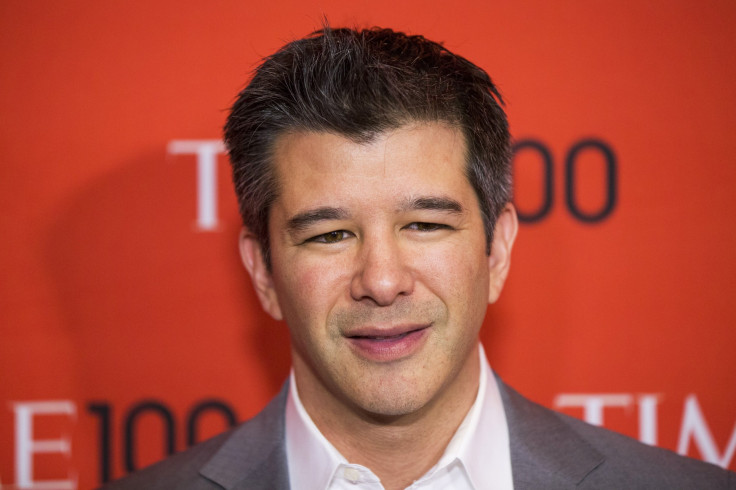CEO Kalanick Wants Uber To Be Your Delivery Service, Eyes Emerging Markets For Core Ride Sharing Business

Uber wants to expand into on-call delivery services in the U.S. while also making emerging markets a high priority where the controversial 5-year-old ridesharing startup says it already has a presence in more than 200 cities. Uber CEO Travis Kalanick told CNN Sunday the company is experimenting in three U.S. markets with different services: lunch delivery in Los Angeles, convenience store pickup and home delivery in Washington and a quick messenger service for Manhattan.
“FedEx isn't going to your nearest pharmacy and delivering something to you in five minutes,” Kalanick said when asked if he was challenging the larger package delivery companies. “That's not their thing. This is just very different.”
These services are far less controversial than Uber’s core business of peer-to-peer transportation -- where private car owners sell rides to individuals through Uber’s subscription-based software -- that has raised hackles among taxi unions that fear the competition and regulators that haven’t quite figured out how to deal with the business model.
Kalanick said he is also seeking aggressive expansion in emerging markets, including urban markets in Colombia, Peru, India and Indonesia. Uber's typical service provider are owners of high-end luxury cars offering posh rides for a premium over a typical taxi lift. But Kalanick says the aim of Uber is to provide all levels of quality, which in Asia could mean offering rides on rickshaws and the three-wheeled scooters that are ubiquitous on the streets of Jakarta.
“We want you to be able to push a button and a car is there in just minutes,” Kalanick said. “And so you can get a ride wherever you are in the world no matter who you are. So options that are, you know, very lux or high end, all the way down to rickshaws in emerging markets.”
But for now Uber, which is backed by Google Inc. (NASDAQ:GOOGL) and Goldman Sachs Group Inc. (NYSE:GS), is fighting battles on multiple fronts over its ride-sharing business. California announced last week Uber’s new carpooling pilot program is illegal. The service, called UberPool offers passengers going in the same direction a discount if they share an Uber ride. Earlier this month a German court ruled Uber’s ride-sharing service illegal after pleas from the country’s taxi industry. The company is facing similar backlash from taxi drivers in London and elsewhere.
Uber completed a round of funding in June that valued the company at $18.2 billion.
Read the transcript of the CNN interview here.
© Copyright IBTimes 2024. All rights reserved.












